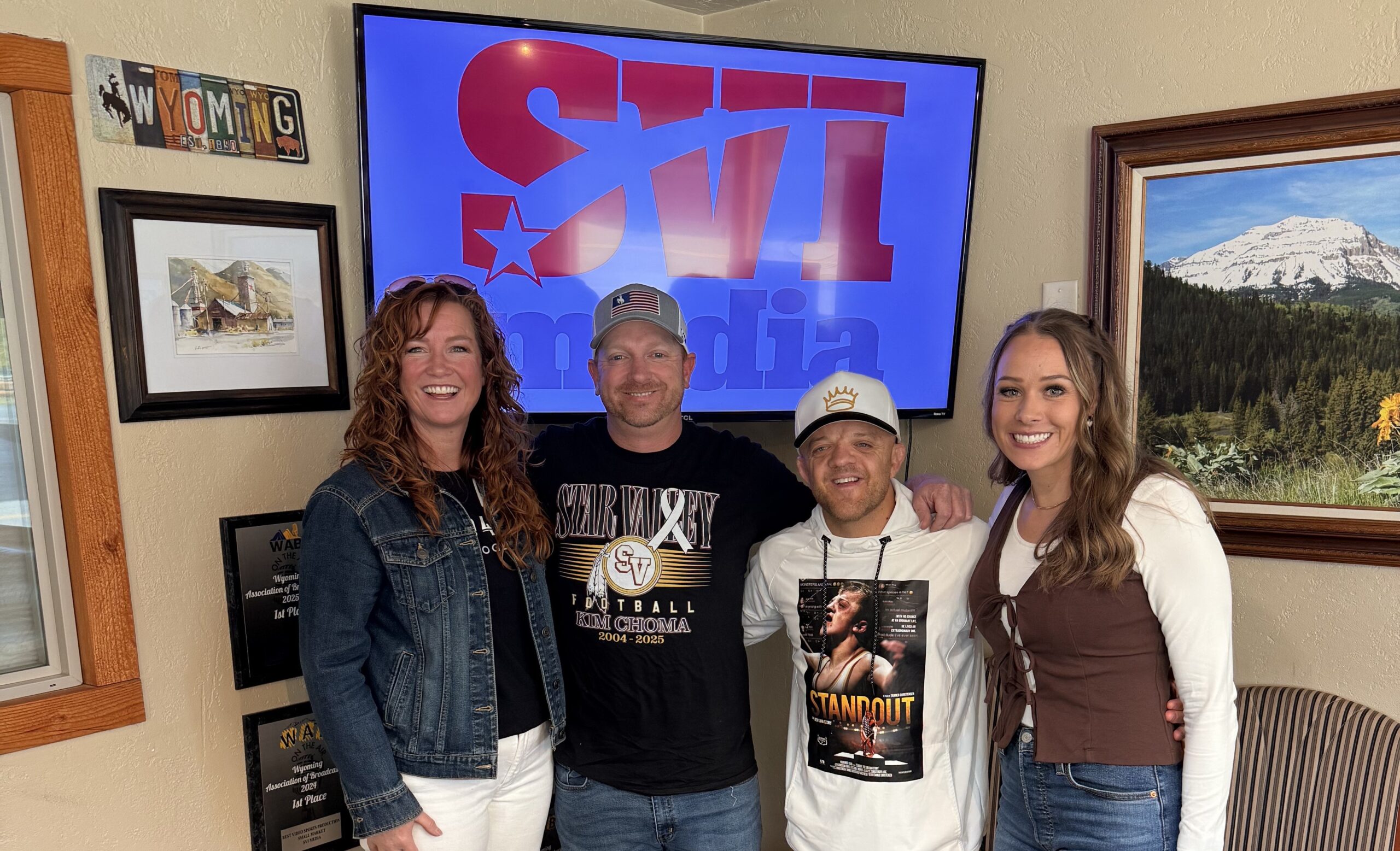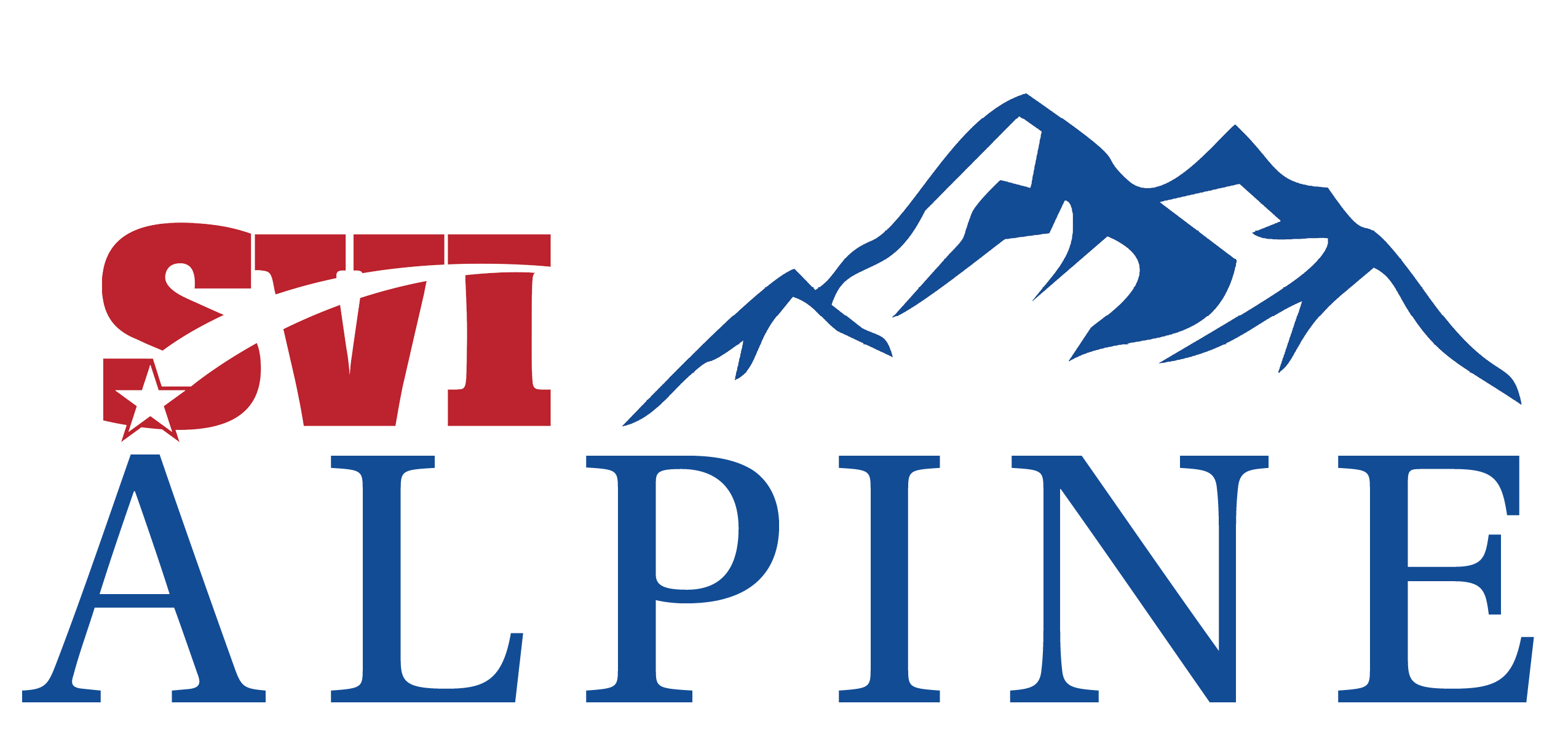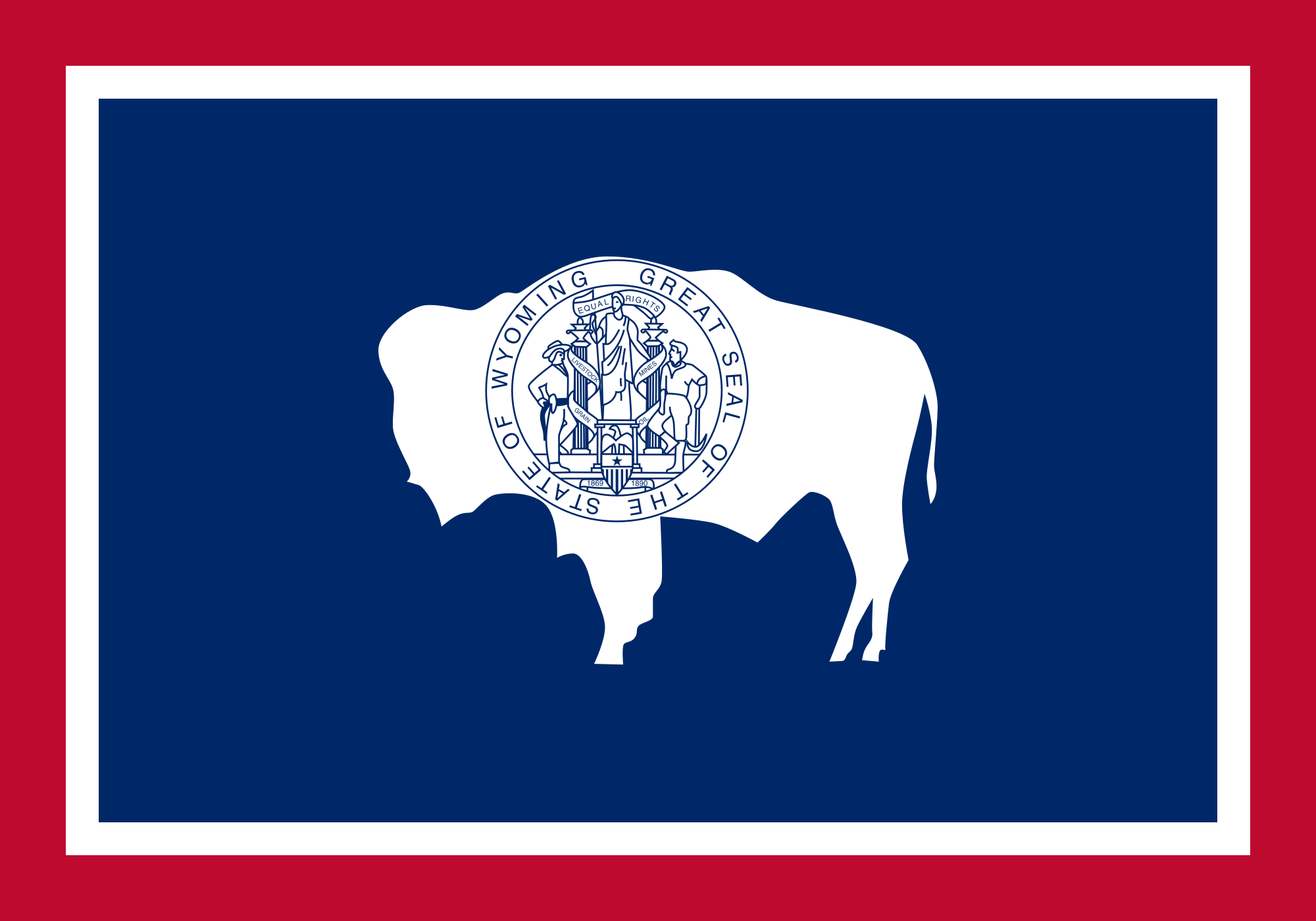SVI Radio Interview: Stand 4 Kind
By Duke Dance
November 10, 2025

Inside the SVI Radio studio from left to right: Maggon Osmond, Duke Dance, Ben Kjar and Heather Huish. SVI photo/Aubrey Hale
Star Valley’s Maggon Osmond was joined with Heather Huish and Ben Kjar in the SVI Radio studio to discuss the Stand 4 Kind program, something that Osmond has been rolling out at some of the schools in Lincoln County School District #2.
(0:00) It is the weekday wake up this morning on SBI radio. Let’s head into our guest interview (0:04) segment this morning and three fantastic guests actually joining me in studio right now. (0:09) Star Valley’s own Megan Osmond is here.
Megan, of course, representing Stand for Kind, (0:14) a fantastic group that she is working with our local students inside LCSD2 with right now. (0:20) Megan is joined with Heather Hewish, who is part of the marketing team (0:24) and with the Department of Stand for Kind. And Ben Kerr is here.
We heard from Ben earlier a (0:28) few weeks ago and he gave us a great message during Sports Friday. And he’s back with us as (0:33) well to talk more about Stand for Kind. Thank all three of you for being here.
Megan, let’s start (0:37) with you since our audience knows you already. Tell us what is Stand for Kind? How did you get (0:42) involved with it? And what’s the whole goal here? I am so blessed to be able to work with Stand (0:47) for Kind. It is a nonprofit based in Utah.
And I came across it because I had some issues in school (0:55) with my own children and then jumped out. I worked for the school district for a long time, (1:01) about 10 years here and loved my experience. But as a result of a specific issue, I had to jump (1:08) out of the school system.
And as such, with the issues I was dealing with with my own children, (1:13) I decided, you know, something needs to be done. Like we need to do a little more to help our (1:19) children deal with the culture and climate that they are experiencing right now in the world. (1:24) And so as I was doing my part to figure out my role in that, I stumbled across Stand for Kind (1:32) and got connected with their director.
And she told me what she was all about. She’s been doing (1:37) it for 15 years in the state of Utah. And it really is a mental wellness platform for students (1:45) and teachers and parents of students, because we all know as parents who needs this messaging more (1:51) than we do ourselves.
And so I asked her, hey, can you come into Wyoming? And she said, yes, (1:58) I can. So we have just rolled since then. So what is happening with Stand for Kind, (2:03) specifically maybe some of the goals and initiatives that are going on right now (2:08) within the school district with this? So what we do is we go into schools with assemblies, (2:15) with leadership training for students.
We also do a number of trainings for the teachers. (2:20) We also do trainings for parents, because that is something that with our fast-moving culture (2:27) of technology, it takes a lot for us as parents to stay on top of what’s happening and how we can (2:33) assist and how we can help our own kids. And so we do those trainings in a number of states (2:40) all around the United States.
And a little later, I’m going to let Heather take over (2:45) what are launching our initiative, which we call the Lemon Challenge, which essentially puts (2:52) the onus of operation into the hands of students. So essentially what we really try to do is like, (2:58) it’s okay to talk about kindness, but how do we actually apply it? What do we do in our lives? (3:03) And then when you give those tools to students, it is amazing what will happen. They’ll take it (3:09) and run.
No question. So Heather, let’s bring you in on this. Heather Hewish is joining us from the (3:12) front in Utah.
How long have you been with Stand for Kind, Heather? And what’s been your experience (3:17) so far? I’ve been with Stand for Kind just over a year. And I have to say, this is actually my (3:22) dream job. If I could have constructed the perfect job for me, it would be exactly this.
So I get to (3:28) do the things in marketing that I love, but then I get a really cool experience to be able to go in (3:32) and do leadership trainings with schools all over the nation. And it is life-changing for me because (3:38) there’s so many things that these students already know and they’re hungry to learn more. (3:44) And every time I go, I’m learning new things myself.
It’s incredible to work with teenagers. (3:48) Absolutely. No question.
And you were telling me earlier on before we went on the air about (3:52) the Lemon Initiative that Megan just mentioned. It’s rolling out in November. Tell us what this (3:56) is.
I’m very excited. So in going to schools, we recognize and have seen problems that have (4:01) been reoccurring. And one of the problems that we’ve really seen is this cycle of negative gossip (4:07) of people talking badly about people.
And it’s really, if we’re being honest, (4:11) it’s not just the teenagers and it’s not just the kids. It really is everyone. (4:15) Originally, we thought this was more of a girl problem.
Let’s fix this for the women and have (4:21) women talk well about women. But when we took this idea to our leadership camp and we talked (4:25) to the teenagers about it, some of the boys were saying, hey, negative gossip is happening (4:30) on sports teams. The boys need to be a part of the challenge.
So we recorded some videos with (4:35) the kids at camp, and then we had to go back and record with the boys so that the boys got their (4:40) voices heard too. So what originally started as an initiative to help for girls to help girls (4:46) is now everyone talking positive about everyone else. So you want me to tell you a little bit (4:51) how the challenge works? I was going to say you were showing me this really goes right into social (4:55) media, right? And what the students are doing.
So explain that more. Exactly. So the Lemon (5:01) Challenge is a fun way and a fun spin on bringing the negative side of gossip to the front and to (5:08) have people, instead of talking bad behind their backs, why don’t we share all the good things that (5:13) people are saying behind their backs? So this may not be surprising, but statistically, it shows that (5:19) 96% of people talk negative about other people.
I don’t think that surprises any of us. So when we (5:25) thought, how are we going to fix this? We thought, let’s do something that everyone would remember. (5:30) And if negative gossip is not sweet, and kindness is sweet, what would be the opposite of sweet? (5:36) It would be sour.
So we decided to pull in lemons for this. So essentially, how it works is we ask (5:42) someone to, to say something that they heard that’s positive behind someone else’s back and tag that (5:48) person so that they hear the positive comment. And then they will tag three other friends and give (5:53) them the challenge.
And then they bite into a lemon. And they say this little line, sour gossip (6:00) spreads fast, let’s make kindness spread faster. And it’s a fun, almost little gamified way of, (6:07) of consciously thinking about talking positive about other people, then you can tag your friends (6:12) and it passes on.
Our hope is that this will go viral, so that people will stop and think about (6:18) what they’re saying. If you do this challenge as a teen, and you see your teens doing this, (6:23) this will make a change with them. But just like Ben was talking about with his assemblies, (6:27) he’s talking about how the kids are watching or on your radio segment, the kids are watching (6:33) their parents and they’re doing what their parents do.
We need to make sure as parents (6:37) that we are taking the time to look at what we’re saying. Our kids are seeing it and they’re hearing (6:43) us say those things. So we need to make sure that we’re making this change too.
So we’re inviting (6:47) everyone to take the challenge. This is not just for kids and for teenagers, adults, we want you (6:52) involved too in making this change and it’ll be something that changes the entire community. (6:58) Absolutely, no doubt.
Ben Kerr also joining us in studio. Ben joins us as a recent inductee into (7:04) the Utah Valley University Hall of Fame wrestling program, a world champion Greco Roman wrestler, (7:09) no big deal. And he’s here with us today.
Ben, really appreciate your time again with us today. (7:13) You’ve been working with Stand for Kind and Megan and Heather. During homecoming week, (7:19) you spoke to a lot of the students inside Lincoln County School District number two, (7:24) Cruzon syndrome.
Tell us what that is and what your experience was with it as a kid, (7:30) specifically in relation to what we’re talking about now, Stand for Kind and maybe how you were (7:35) treated because of this syndrome that you have. Totally. Cruzon syndrome is a facial difference.
(7:41) Doctors say it’s a craniofacial anomaly. It’s something that’s super rare. It affects the way (7:45) you look
The bones in your face don’t grow at the same speed. It affects the way you eat, (7:52) you breathe, you look. They have to expand your skull again and again and again so your brain (7:58) grows at the correct speed.
At a young age, I was made fun of every day and not just by kids. (8:06) And we’ve depicted it in a film that we have coming out in January. But you will be surprised, (8:13) as my friends have said here, you’ll be surprised at how many adults will say (8:19) very, very mean things.
I’ve worked for Stand for Kind for almost a decade now. (8:25) And I tell you what, it’s changed my life. Literally, it has changed the way I show up.
(8:33) I think we talked almost, we all almost talked too much about being kind to other people, (8:38) be kind to other people, be kind to other people. But where does it really stem from? (8:44) It’s interesting that we’re here during the homecoming week. We get to do that internally.
(8:50) Come back home. Come back home to you. You are able to speak kindly to others when you do what? (8:58) You speak kindly to yourself.
What we say out loud, verbally, externally is what’s inside of us. (9:06) My challenge is when you look in the mirror today, what do you say? (9:10) How do you speak to yourself? How do you love on you? And as you do that, other people see it. (9:17) That’s true kindness.
Too many times we’re nice to others. It’s a fake, (9:24) it’s a fake version of like kindness. Nice is yes, polite, thank you, whatever.
True kindness (9:31) is internally understanding that you are a gift. But if you don’t treat yourself like that gift, (9:38) it’s hard to treat others like that. Ben, I’m sure part of your experience (9:42) with cruise zone syndrome is also learning how to internally respond when people are not (9:48) kind to you, right? And so when we talk about being kind to everyone else and saying the right (9:53) words and being the right type of person, it’s not always going to happen to us, right? So how do we (9:58) respond to that from your experience? Brother, that is such a good question.
That’s like the (10:03) golden question. To me, it comes from confidence, 100%. I will come back with meanness.
I will come (10:11) back with anger and frustration if I don’t know who I am. If I don’t know who I am and what I (10:18) stand for, dude, I’m going to be whatever people say I should be. That’s not life.
I teach people (10:25) how to call their shot. I teach people how to get people in their life that help them do that, (10:31) really rad cheerleaders. I call them fanboys or fangirls, right? I am that for people.
They call (10:38) me up. They’re like, dude, I need you in my life. I’m like, yeah, you do because we are going to (10:42) light you up.
And then we put a time clock on it. We call it a shot clock. We allow people to live (10:49) a higher level of themselves to gain confidence so that when hard things come their way, which will, (10:58) they can react with kindness, confidence, and love.
Again, in studio this morning, (11:03) that’s Ben Kerr along with Heather Hewish, Megan Osmond from Star Valley in studio. Megan, I think (11:08) we can maybe bring this all back in full circle with what you’re trying to accomplish in our local (11:13) schools around Lincoln County. You mentioned the personal experience you had with your family that (11:18) led you to this path for Stand for Kindness.
What have you seen so far as you’ve tried to (11:24) implement this with the students and now even their parents? What are you seeing? (11:28) What I’m seeing is this section of getting parents and adults involved is so important. (11:38) When we go to schools and we teach all of this inside schools, one of the comments that I get (11:42) all the time is there’s a transference issue. So we teach these capabilities to the kids, (11:49) but when you jump them out of a school situation or out of whatever situation they have come to (11:54) say, yes, I buy into this belief.
I’m going to believe in myself and I’m going to practice (12:00) these characteristics. Then when you jump them into a different environment and a different (12:05) situation, it is super hard for them to hold on to those things. Therefore, what we really need (12:11) is a culture of kindness and that starts with every interaction you have with another human (12:19) being.
That is just like what Ben Carrad said in our assembly today in Thane is your kiddos (12:28) are watching you. So every time you’re having a really negative conversation or a negative (12:32) interaction and you’re not handling that in a really great way, not to say we don’t do that (12:38) because we do, but when we can develop a community or a culture of kindness, we are setting our (12:44) kids up for success. We’re setting ourselves up for success and we’re setting our kids up for (12:48) success.
Heather, you’re in the marketing department with Stand for Kind, of course. So (12:52) just tell us how people can learn more. Where do people go to follow Stand for Kind and find out (12:57) more details? You can find us at Stand4Kind on Instagram, on TikTok, on Facebook, on all the (13:05) places.
The best place to find us if you’re looking for resources as a school, as a student, (13:10) or as a parent, even a community member is Stand4Kind.com. And if you want to participate (13:17) in the Lemon Challenge, under community, there’s a little space for the Lemon Challenge and it (13:22) gives you all the information there. And just be sure to tag us at Stand4Kind so we can see the (13:27) great work that you guys are doing. And any donations that come in from this town specifically, (13:33) they go back to the local schools.
So it goes to cover things like the assemblies and the (13:37) leadership trainings and curriculum that we have to leave behind for the schools to use and (13:41) implement. Excellent. Fantastic.
Again, that’s Megan Osmond, Heather Hewish, and Ben Kerin, (13:46) studio this morning with Stand4Kind. Thank all three of you very much. I really appreciate it.
(13:50) It is the weekday wake up this morning on SVI Radio.

